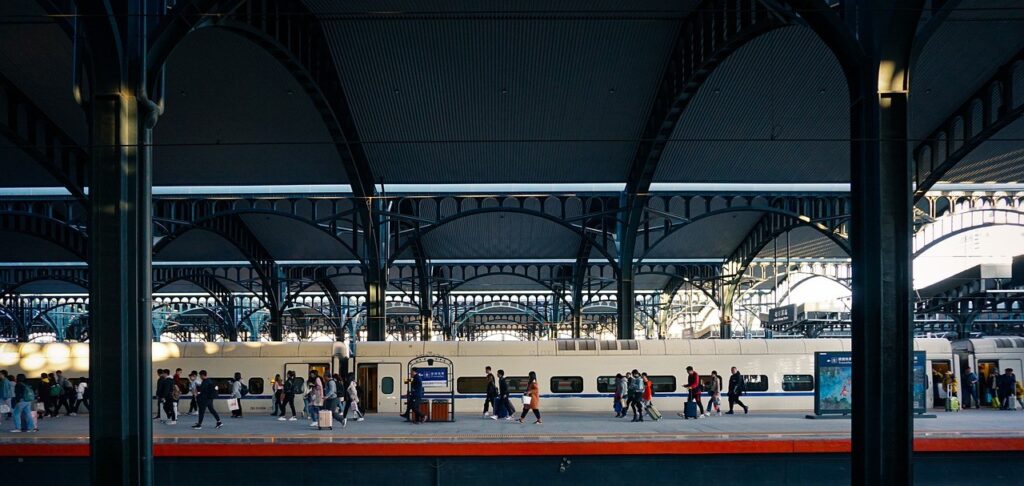A retired police officer who had a key role in
responding to a major rail crash in which ten people
died, as well as other major incidents, was asked about
the impact of this, what helped him and why?

‘The adrenaline is always there, you are not sure what to expect at first, you don’t always want to be the first on the scene. You have to start thinking about what the priorities are and who the issues relate to. You try and just deal with the facts as you know them. There were a huge number of responsibilities we had to deal with as fast as possible, you can’t speculate, you have a lot of responsibility to the loved ones of the deceased, you have to be detached. You know that the coroner has to do an investigation so it helps that you know what to do, there is guidance in place and then when you start that this process begins. You feel mentally exhausted when you get home, you try and get your head straight but it’s going twenty to the dozen, it feels like your brain doesn’t get a chance to calm down. The next day I might be a bit snappy, can’t always concentrate on stuff, it can be hard for your family to understand sometimes.
It helps having good colleagues and team spirit and debriefs with colleagues that take over, so you can have a breather. You don’t feel on your own, you know your role and you get a briefing so you know what you are dealing with. Getting to sleep after a big do, can be difficult, so you can be tired if you have to go back, you feel for your colleagues who are there, you have got to think about what staff need and to support them. Being in the police it’s like you are part of a family and you feel an affinity with other staff in the fire service and ambulance when something big happens you all have your role to play. It helps that others are working with you and keeping other people safe. That’s where you get a sense of satisfaction, you can’t help that there has been an incident, your job is maintaining the safety of others. When it’s really serious people just work together, they understand the seriousness of it, you get very few complaints at those times. It makes you feel quite proud of the camaraderie that happens.
When push comes to shove I have never known a time when the team didn’t switch into the proper mode. It really helps that you get support from the team. It can be difficult to stop thinking about the victims, there can be a sense of frustration sometimes when you can’t stop thinking about them, what I could have done, feeling like you have let the families down.’
‘Having a debrief also really helps, realising that you have done all you can, following the procedures, having a model that gives you guidance and regular training can help you get used to making difficult decisions. Sometimes I wasn’t sure if I was always brilliantly safe going home after a major incident, I would try and concentrate on driving. I think you also need to be a little bit detached. I think you try and treat people like you would want to be treated as well. I think people who work for health, fire and police it’s vocational; you think about your colleagues and that’s why it works well. You don’t realise how long it can take you to relax afterwards though. When I retired it took me about six months to relax totally. Major incidents don’t happen very often, it’s like your body gets geared up ready to kick into action for whatever. You worry about what it’s like for people who have sustained levels of adrenaline who are now working much longer than I had to. It can be the draw of the job as well though you never quite know what you will be faced with, working with people in a crisis is a privilege, but it does have an impact, what helps is the welfare support and having procedures that you have to follow.’